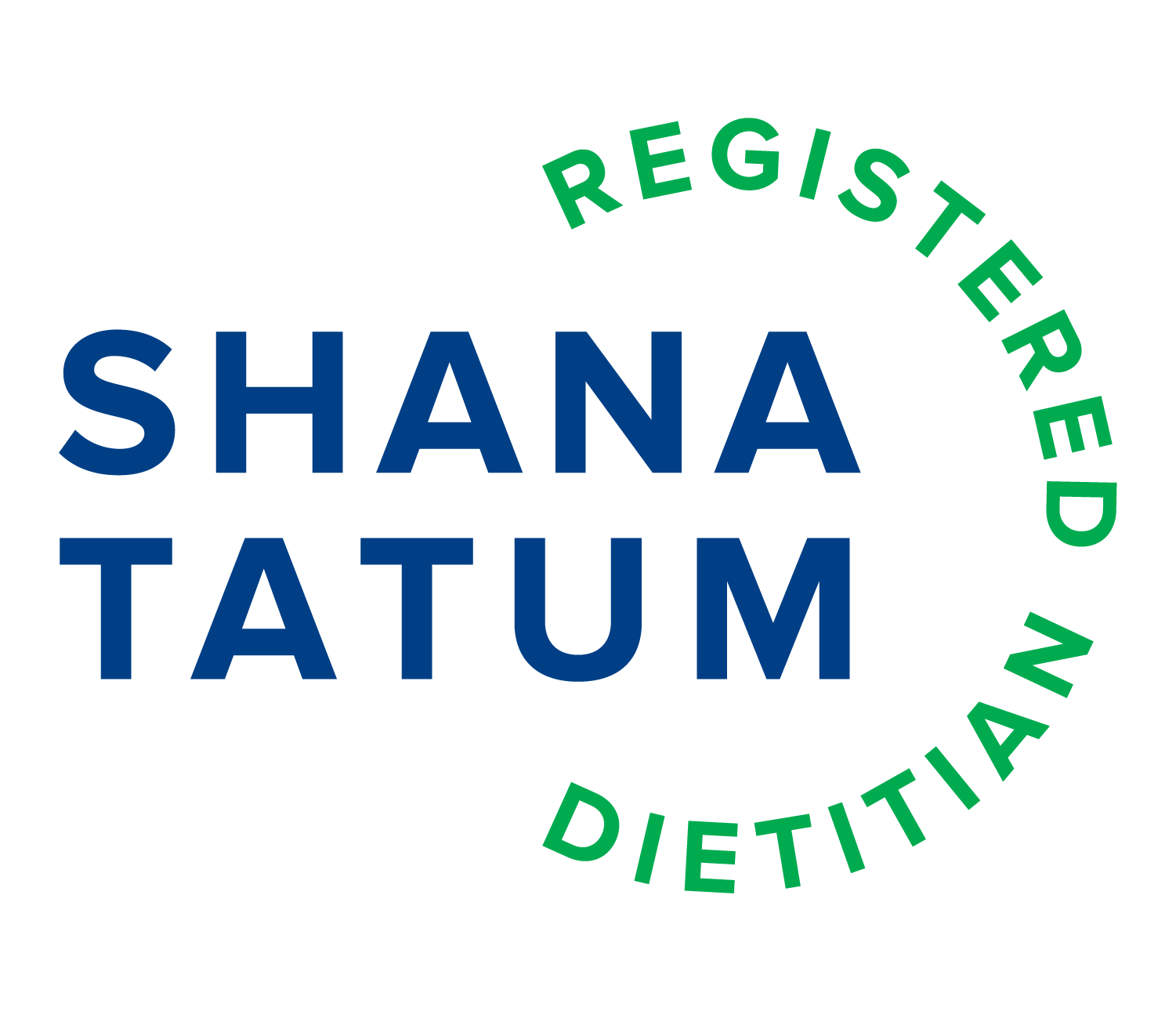National Nutrition Month
It’s National Nutrition Month here in March! National Nutrition Month is an annual campaign established in 1973 by the Academy of Nutrition and Dietetics. If you read this column every month you know I share advice on eating a nutrient dense diet as well as harping on the importance of sleep, stress management and good sleep hygiene. During March, the Academy of Nutrition and Dietetics has led a campaign on the importance of nutrition and ways to seek the guidance of a nutrition professional.
Choosing someone to work with you on your nutrition goals can be a challenging task. Do you choose a nutrition coach, a nutritionist, or a Registered Dietitian? Is there a difference? Yes, there is and here’s why it matters.
It’s important to distinguish the difference between a Registered Dietitian Nutritionist, a Nutritionist, and a Nutrition Coach. Making an informed decision about your healthcare team can help you meet your goals with less stress and more ease. Each one can help improve lifestyles with better nutrition, improved hydration, regular exercise, quality sleep, and stress management. Improvement and attention in any one of these areas will make a positive impact on your health.
But what separates a Registered Dietitian from the others, is that a Registered Dietitian Nutritionist (RDN) has a 4-6 year pre-med or science degree in nutrition, has completed an accredited 1200+-hour internship including rotations in clinical care, community nutrition, and food service, has passed a national board exam, and maintains a registration status and state licensure through ongoing continuing education.
Registered Dietitian Nutritionists possess an in-depth understanding of the intricate interplay between diet and various health conditions. They excel at crafting personalized nutrition plans tailored to each patient's unique medical requirements, carefully considering factors such as medical history, existing health status, and dietary preferences. By addressing the nutritional component of a patient's condition, RDNs complement medical treatments and medications, review nutrient interactions which result in more holistic and effective care.
In addition to their pivotal role in disease management, RDNs are instrumental in disease prevention. They impart valuable knowledge to patients on cultivating healthy eating habits, managing weight effectively, and implementing lifestyle changes aimed at averting the onset of chronic illnesses such as diabetes, heart disease, high cholesterol, diabetes, celiac disease, high blood pressure, low thyroid, and other disease states. For individuals already grappling with such conditions, RDNs offer targeted dietary interventions to help regulate and control ailments, potentially reducing reliance on certain medications and enhancing overall quality of life.
Collaborating with RDNs also significantly enhances patient compliance and adherence to treatment plans. Through close partnership with primary care providers, RDNs ensure that patients grasp and embrace dietary recommendations, fostering greater adherence to treatment protocols and yielding improved health outcomes.
Ultimately, the synergy between primary care providers and RDNs fosters more streamlined and patient-centered care. RDNs' expertise in nutrition, coupled with a strong emphasis on preventive health measures, positively influences patient outcomes, fosters overall well-being, and contributes to the sustained health of individuals. This collaborative approach harnesses the collective expertise of both professions, resulting in a powerful alliance that serves to enhance patients' overall health and vitality.
If you need help with your nutrition and lifestyle, look for a referral to a registered dietitian nutritionist and visit www.eatright.org.
